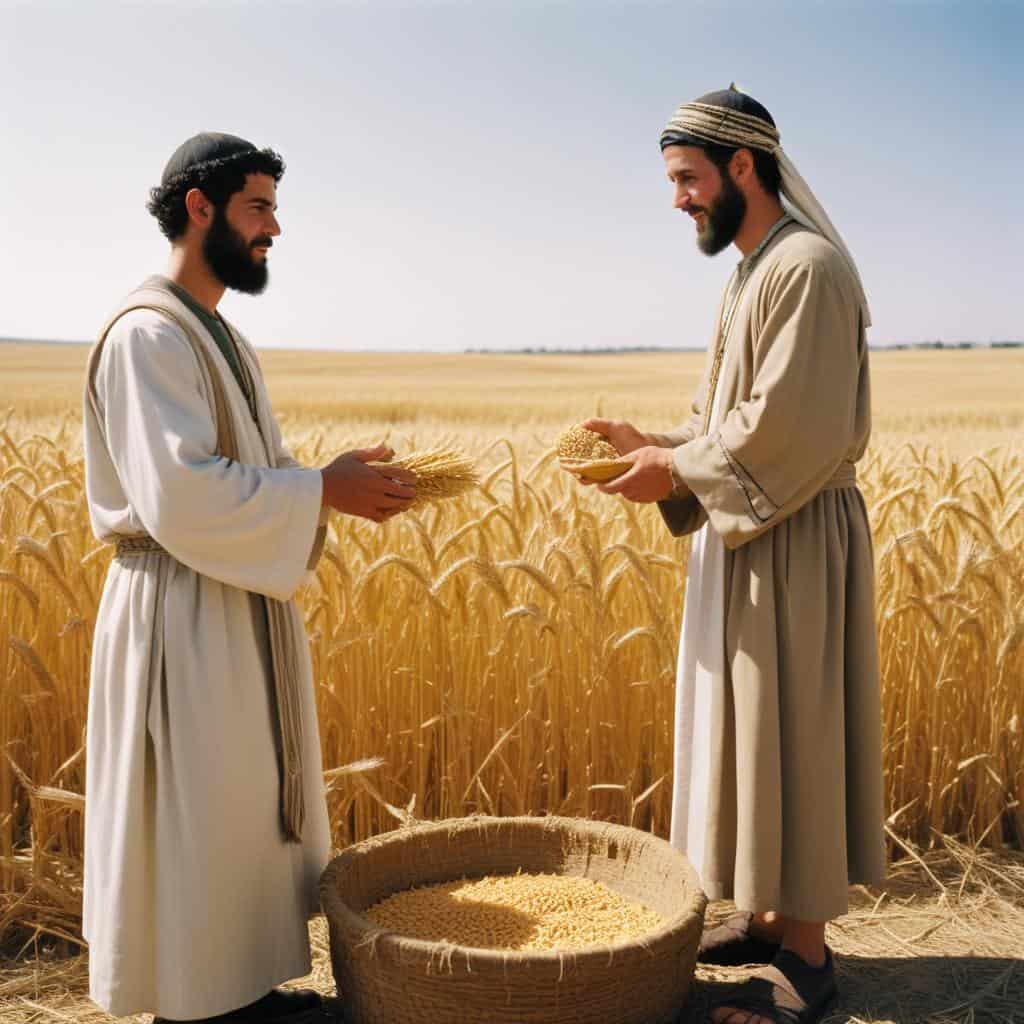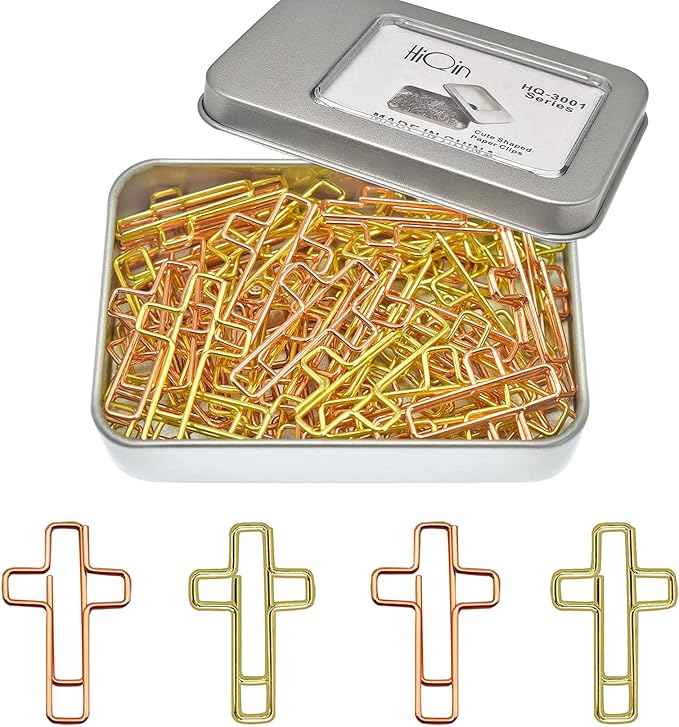Welcome to the Leviticus Chapter 2 Quiz! In the Bible, offerings of grain and oil were an important way for people to show their gratitude and dedication to God. These offerings were a symbol of thanksgiving and worship, showing that the people recognized God’s provision in their lives.
Throughout the Bible, we see examples of grain and oil offerings being given to God as a way to honor Him. These offerings were a way for people to demonstrate their faith and obedience to God’s commands.
As you take this quiz, think about the significance of these offerings and how they can still be relevant in our lives today. Let’s dive in and explore the importance of offerings of grain and oil in the Bible!
Play Leviticus Chapter 2 Quiz
Instructions
- This quiz is multiple choice.
- Read each question carefully before selecting an answer.
- Choose the best answer for each question.
- You will see the missed questions with correct answers at the end of the quiz.
Related Product
50 PCS Cross Paper Clips
Package Includes 50 gold pcs cross paper clips. Packed by a metal storage tin box.
This site contains affiliate links and I will earn a commission if you purchase through this link. I only recommend products that I think are relevant and useful.
Quick Facts
- Grain and oil were common offerings in ancient Israelite religion.
- In the book of Leviticus chapter 2, specific instructions are given on how to present these offerings.
- The offerings of grain and oil were symbolic gestures of thanksgiving and devotion to God.
- Grain offerings consisted of fine flour mixed with oil and frankincense, and sometimes salt.
- Oil offerings were typically made from olive oil and used for various rituals and ceremonies.
- Both grain and oil offerings were considered to be pleasing to the Lord when presented with sincerity and obedience.
- These offerings were a way for the Israelites to show their dependence on God for sustenance and blessing.
- Leviticus chapter 2 outlines the specific measurements and procedures for preparing and presenting these offerings.
- Grain and oil offerings were a central part of the Israelites’ worship practices and ceremonies.
- These offerings were a way for the Israelites to acknowledge God’s provision and express their gratitude and commitment to Him.
Scripture
Leviticus Chapter 2
1 And when any will offer a meat offering unto the LORD, his offering shall be of fine flour; and he shall pour oil upon it, and put frankincense thereon:
2 And he shall bring it to Aaron’s sons the priests: and he shall take thereout his handful of the flour thereof, and of the oil thereof, with all the frankincense thereof; and the priest shall burn the memorial of it upon the altar, to be an offering made by fire, of a sweet savor unto the LORD:
3 And the remnant of the meat offering shall be Aaron’s and his sons’: it is a thing most holy of the offerings of the LORD made by fire.
4 And if thou bring an oblation of a meat offering baked in the oven, it shall be unleavened cakes of fine flour mingled with oil, or unleavened wafers anointed with oil.
5 And if thy oblation be a meat offering baked in a pan, it shall be of fine flour unleavened, mingled with oil.
6 Thou shalt part it in pieces, and pour oil thereon: it is a meat offering.
7 And if thy oblation be a meat offering baked in the frying pan, it shall be made of fine flour with oil.
8 And thou shalt bring the meat offering that is made of these things unto the LORD: and when it is presented unto the priest, he shall bring it unto the altar.
9 And the priest shall take from the meat offering a memorial thereof, and shall burn it upon the altar: it is an offering made by fire, of a sweet savor unto the LORD.
10 And that which is left of the meat offering shall be Aaron’s and his sons’: it is a thing most holy of the offerings of the LORD made by fire.
11 No meat offering, which ye shall bring unto the LORD, shall be made with leaven: for ye shall burn no leaven, nor any honey, in any offering of the LORD made by fire.
12 As for the oblation of the firstfruits, ye shall offer them unto the LORD: but they shall not be burnt on the altar for a sweet savor.
13 And every oblation of thy meat offering shalt thou season with salt; neither shalt thou suffer the salt of the covenant of thy God to be lacking from thy meat offering: with all thine offerings thou shalt offer salt.
14 And if thou offer a meat offering of thy firstfruits unto the LORD, thou shalt offer for the meat offering of thy firstfruits green ears of corn dried by the fire, even corn beaten out of full ears.
15 And thou shalt put oil upon it, and lay frankincense thereon: it is a meat offering.
16 And the priest shall burn the memorial of it, part of the beaten corn thereof, and part of the oil thereof, with all the frankincense thereof: it is an offering made by fire unto the LORD.


